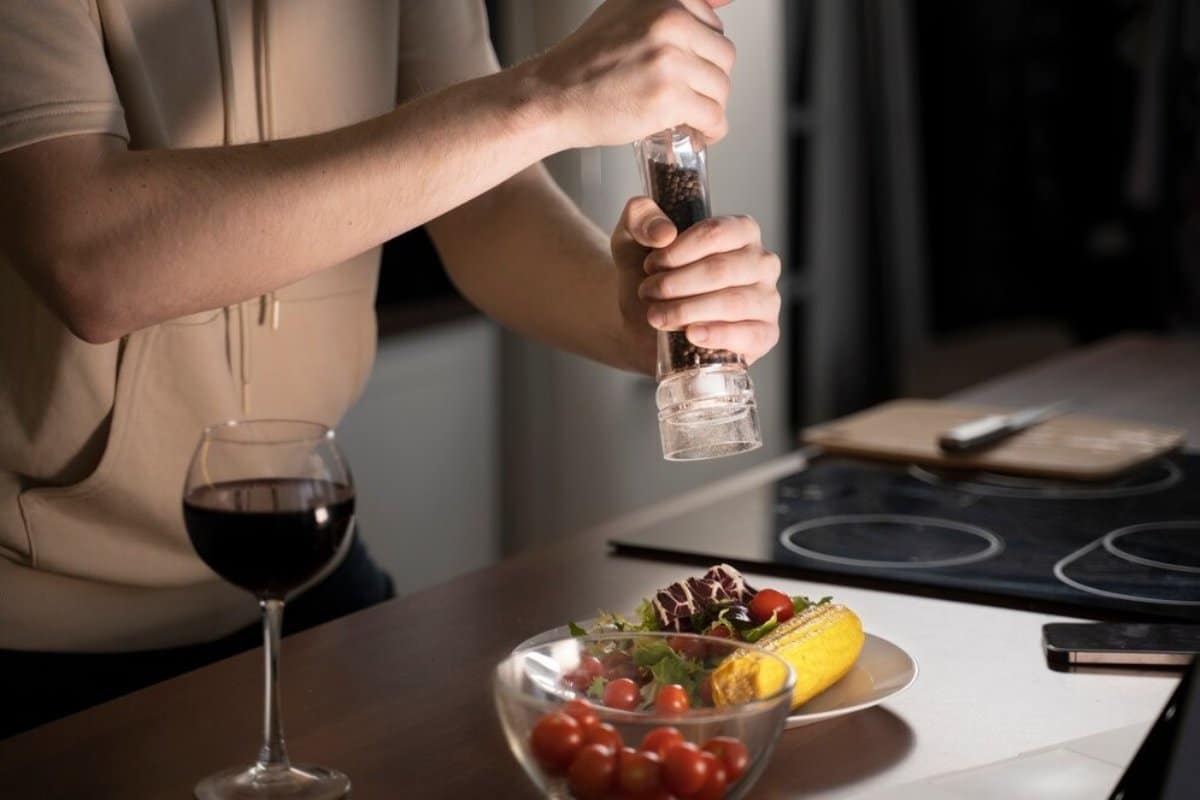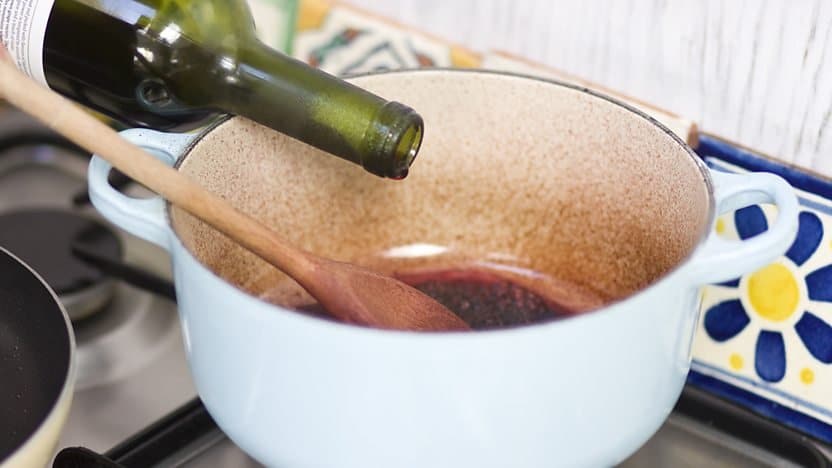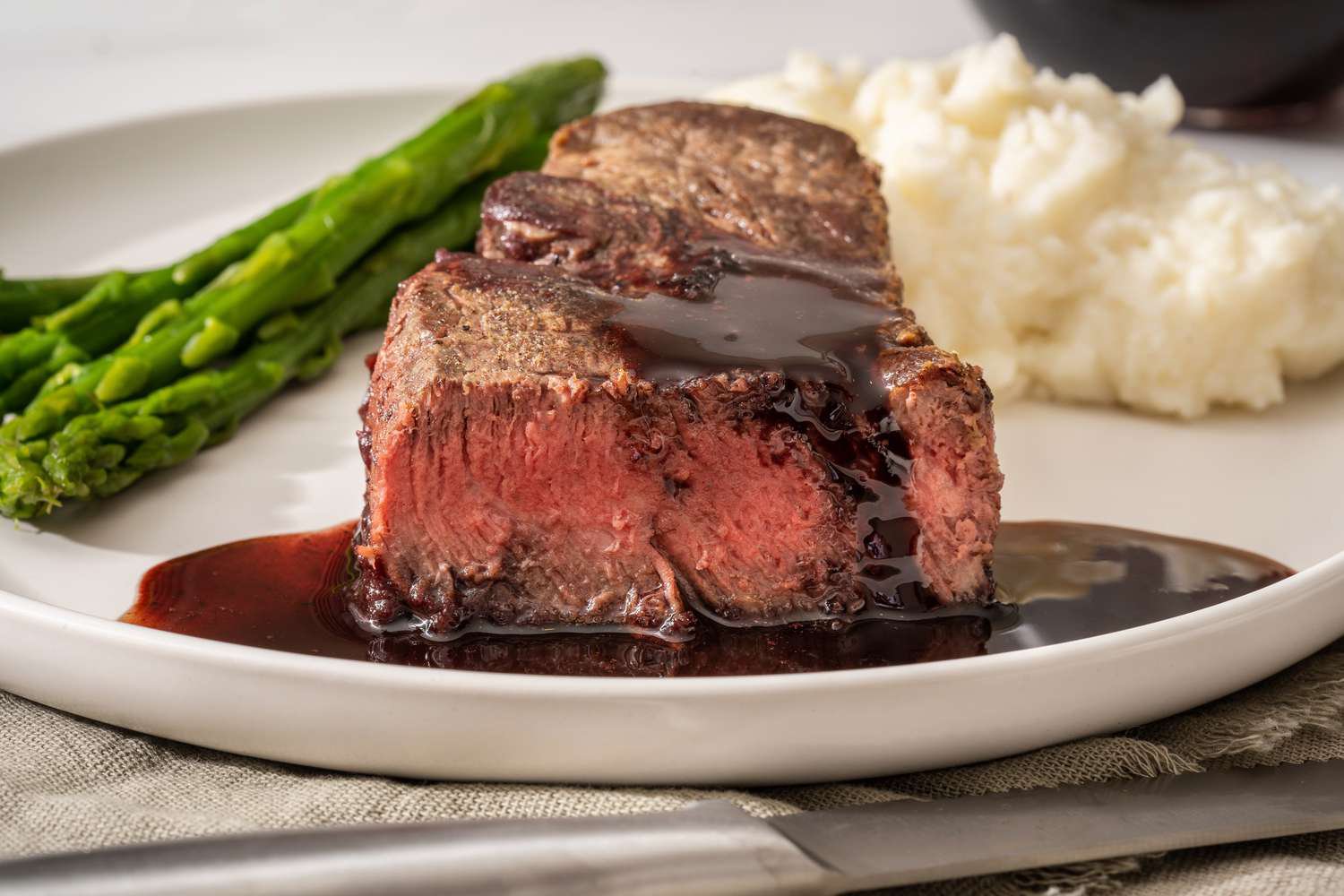
Cooking with Wine: How to Enhance Your Dishes
Cooking with wine is a very useful culinary technique that imparts depth and richness of flavour as well as complexity to dishes. Whether added to marinades, sauces, or braising liquids, it can add savoury or sweet notes to recipes. You can learn how to cook with wine and how to choose the best wines for cooking. It can mean the difference between a restaurant-quality meal at home or one that needs a little work. This guide shows cooking with wine basics, techniques, and wine reduction sauce recipes. So, the next time you are cooking with wine, you can use these tips.
Choosing the Best Wines for Cooking

The wine you choose for cooking should complement the dish without overpowering its flavours. Here are some key factors to consider:
1. Cooking Wine vs. Drinking Wine
- Always use a wine that you would enjoy drinking. Avoid “cooking wines” sold in stores. They often contain added salt and preservatives.
- The wine should be good quality but doesn’t need to be expensive. A mid-range bottle works perfectly for cooking.
- Wines with strong oak flavours should be used cautiously. Excessive oakiness can alter the taste of your dish.
2. Best Red Wines for Cooking
Red wine is ideal for hearty dishes, sauces, and slow-cooked meats.
- Cabernet Sauvignon – Perfect for rich stews, braised meats, and hearty tomato-based sauces.
- Merlot – A smooth, fruit-forward option for pasta sauces, reductions, and roasted dishes.
- Pinot Noir – Works well with poultry, mushrooms, and delicate reductions. It adds a light, earthy quality.
- Zinfandel – Adds bold flavour to barbecue sauces, marinades, and braised pork dishes.
3. Best White Wines for Cooking
White wine brings brightness and acidity to seafood, poultry, and creamy dishes.
- Sauvignon Blanc – Ideal for deglazing, light sauces, and vegetable dishes. This is due to its crisp acidity.
- Chardonnay – A richer option for creamy pasta, risotto, and butter-based sauces.
- Pinot Grigio – A neutral white that enhances seafood, poultry, and light pasta dishes.
- Dry Vermouth – Adds complexity to sauces and braised dishes, especially with herbs and garlic.
4. When to Use Fortified Wines
Fortified wines have higher alcohol content and a more concentrated flavour. It makes them excellent for rich sauces and desserts.
- Sherry – Adds a nutty depth to soups, stews, and sauces, ideal for Spanish and French cuisine.
- Port – Perfect for rich, sweet sauces for beef, game meats, and chocolate-based desserts.
- Marsala – A staple in Italian cooking. It is ideal for dishes like Chicken Marsala and mushroom-based sauces.
- Madeira – Great for caramelised sauces and slow-cooked dishes. It adds a deep, slightly sweet complexity.
Cooking Techniques with Wine

1. Deglazing the Pan
Deglazing involves adding wine to a hot pan after searing meat or vegetables to lift the caramelised bits stuck to the bottom.
- Use white wine for chicken, fish, and seafood dishes.
- Use red wine for beef, lamb, and pork recipes.
- Reduce the liquid over medium heat to create a flavourful base for sauces. It adds depth and richness.
2. Creating Wine Reduction Sauces
A wine reduction sauce enhances the taste of meats, pasta, and vegetables. Here’s a basic technique:
- Simmer wine over low heat until it reduces by half, intensifying its flavours.
- Add butter, shallots, garlic, and herbs for extra depth.
- Finish with stock or cream for a richer consistency, creating a velvety sauce.
- Use balsamic vinegar or honey to balance acidity in red wine reductions.
3. Braising Meats with Wine
Braising is a slow-cooking method that tenderises tough cuts of meat while infusing them with wine’s rich flavours.
- Use red wine to braise beef short ribs, lamb shanks, or duck, enhancing their robust flavours.
- Use white wine for braised chicken, pork, or seafood, adding brightness and tenderness.
- Combine wine with aromatics for a well-rounded flavour profile. You can use onions, carrots, celery, and bay leaves.
4. Wine-Based Marinades
Marinating meat or vegetables in wine helps break down proteins and adds flavour depth.
- Combine wine with olive oil, garlic, fresh herbs, and spices for a well-balanced marinade.
- Let meat marinate for at least 2-4 hours before cooking for optimal flavour absorption.
- Use red wine for beef and lamb, while white wine works best for chicken, seafood, and vegetables.
Classic Wine Reduction Sauce Recipes

1. Red Wine Reduction Sauce
This sauce pairs beautifully with steak, lamb, and roasted vegetables.
Ingredients:
- 1 cup red wine (Cabernet Sauvignon or Merlot)
- 1/2 cup beef stock
- 2 tbsp butter
- 1 small shallot, minced
- 1 tsp fresh thyme
- Salt and pepper to taste
Instructions:
- Sauté shallots in butter over medium heat.
- Add red wine and simmer until reduced by half.
- Stir in beef stock and continue reducing.
- Season with salt, pepper, and thyme.
- Serve over steak or roasted meats.
2. White Wine Lemon Butter Sauce
Perfect for seafood, pasta, or grilled chicken.
Ingredients:
- 1/2 cup white wine (Sauvignon Blanc or Pinot Grigio)
- 2 tbsp butter
- Juice of 1 lemon
- 1 garlic clove, minced
- 1 tbsp fresh parsley
- Salt and pepper to taste
Instructions:
- Heat butter in a saucepan and sauté garlic.
- Pour in white wine and let reduce.
- Add lemon juice and parsley.
- Simmer for 3 minutes, then drizzle over seafood or pasta.
3. Marsala Wine Mushroom Sauce
A creamy sauce ideal for chicken or pork dishes.
Ingredients:
- 1 cup Marsala wine
- 1/2 cup heavy cream
- 1 cup sliced mushrooms
- 2 tbsp butter
- Salt and pepper to taste
Instructions:
- Sauté mushrooms in butter until golden.
- Add Marsala wine and let simmer.
- Stir in heavy cream and reduce.
- Season and serve over chicken or pork.
Tips for Cooking with Wine
- Avoid overly sweet wines – Unless making a dessert, stick to dry wines for cooking.
- Alcohol cooks off, but not completely – Simmer sauces long enough to reduce alcohol content while retaining flavour.
- Use fresh herbs and aromatics – Garlic, shallots, thyme, and rosemary enhance wine-based dishes.
- Pair your cooking wine with your meal – If using a wine in the dish, serve the same wine alongside the meal for harmony.
- Don’t overuse wine – A little goes a long way; excessive wine can overpower a dish instead of enhancing it.
Cook with Wine Perfectly
Mastering how to cook with wine is an easy way to add richness and depth to your dishes. You can select the best wines for cooking and try out different wine reduction sauce recipes. This way, you will enhance both everyday meals and gourmet dishes.
Try incorporating wine into your cooking and discover how it transforms flavours. Have a favourite recipe? Share your experiences in the comments below!